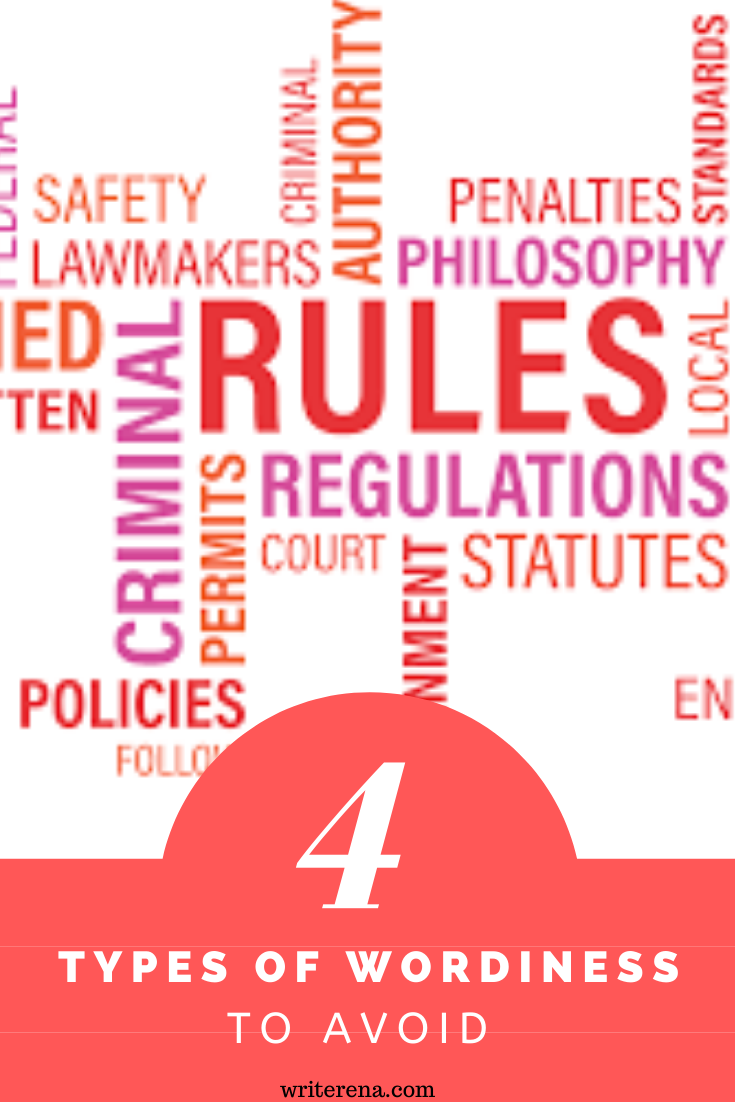In this post, I’ll show you the #1 mistake all writers make in the content writing samples they submit.
In fact, this is the reason that makes the recruiters reject your content writing samples.
Let’s dive straight in to learn what it is.
Why your content writing samples get rejected?
The #1 mistake the writers make in content writing is ‘Wordiness’.

It happens when you intentionally or unintentionally use too many words or unnecessarily complex words in a sentence.
Let’s understand this with a few examples!
Read the below sentences:
“He gets better being able to establish his online presence.”
“My cousin from the father’s side of my family came to pick me up from college.”
These sentences swirl you for a moment! You re-read them to grasp their meaning!
Because they are wordy and make a simple sentence complex to understand.
You can re-write them as:
“He can establish his online presence.”
“My paternal cousin came to pick me up from college.”
So, if you can tighten/shorten a sentence without changing its meaning, it reflects wordiness.
Next, it’s time to show you what happens with wordiness in your content writing samples.
Why should you eliminate wordiness from your content writing samples?
If readers can’t grasp what you write, they’ll hit the ‘back’ button.
Wordiness can seriously affect the coherency and quality of your writing. It will frustrate/bore your readers.

So, you should ALWAYS eliminate wordiness in the content you write. But how to do that?
Let’s kick things off with strategy #1.
4 Strategies to Eliminate Wordiness in Content Writing Samples
1. Remove the Fillers
Filler words are used between relevant words, may sound good, but are essentially useless.
Here’s an authentic example from this blog post:
“It happens when you either intentionally or unintentionally use too many words or unnecessarily complex words in a sentence”,
In this sentence, the word “either” is the filler.
If you leave this word, it would not change the meaning but actually improve the sentence.
2. Avoid Redundancies
Redundancies can take two forms: redundant words and redundant information.
When you describe something and overuse the synonyms, it’s called redundant words.
For example:
“My father gifted me an expensive and costly watch on my birthday.“
In this sentence, “expensive” and “costly” are synonyms. So, it sounds superfluous and redundant.
The second form of redundancy occurs when you say the same thing many times, but in different ways. It forces the readers to read more, learning nothing new.
For example:
“Scientists have found that high blood pressure can be controlled through daily consumption of low-sodium salt. Low-sodium salt, when consumed daily, has been found to control high blood pressure.”
Both the sentences, while written differently, contain the same information.

3. Don’t Overuse Qualifiers
Another thing to avoid in content writing samples is the overuse of qualifiers.
Qualifiers are used before an adjective or an adverb to increase or decrease the quality of the modified word.
For example:
In the phrase “The exhibition is very unique,” “very” is the qualifier.
However, the overuse of such qualifiers can make the piece of writing sound lazily constructed and distract the readers.
A single, more potent word can often replace qualifiers.
For example:
“You don that dress without much effort” could be shortened to “You don that dress effortlessly.”
When every adjective or adverb is preceded by very, extremely, barely, much, really or hardly, the qualifiers lose their meaning.
So always try to use one good word rather than two or three mediocre ones. This will instantly improve your writing sample.
4. Logorrhoea
When you intentionally use long sentences or overly abstract words, it’s called logorrhoea, which is the most frustrating form of wordiness.
In logorrhoea, you compose a sentence laden with adjectives and qualifiers that the readers get confused. You could have said the same thing in a few succinct words, but all these extra words unnecessarily complicate your content.
This is an apt example of logorrhoea:
The medical community shows that downsizing average total daily intake is maximally efficacious in the field of proactive weight-reduction methodologies.
The correct way to write this:
Doctors say that the best way to lose weight is to eat less.
Last words on Wordiness in Content Writing Samples
Wordiness in content writing samples is common.
But, before you submit, check for any ‘fillers’, ‘redundant words’, overuse of qualifiers, and logorrhoea in your content. (Use Grammarly or ProWritingAid tools to edit your content writing samples)
If you find them, re-structure your sentences.
Read: How to improve your English writing skills in 30 days?
Just follow this writing mantra:
Write content that makes sense to the readers without a burden on their mind.

Now, I’d like to hear from you.
What’s the type of wordiness you commonly use in your content writing samples?
Are they fillers? Or Redundant words?
Let me know in the comments and I’ll tell you how to eliminate them.
- Empower your Juggle: 10 Essential Work-Life Balance Tips for Moms - September 13, 2023
- Mastering Stress Management at Work fora Productive Career - September 13, 2023
- Banish Cramps: 6 Foods to Avoid during Periods - September 8, 2023


Great post on re-writing to avoid wordiness. Thanks for sharing.
I am glad you found it useful:)